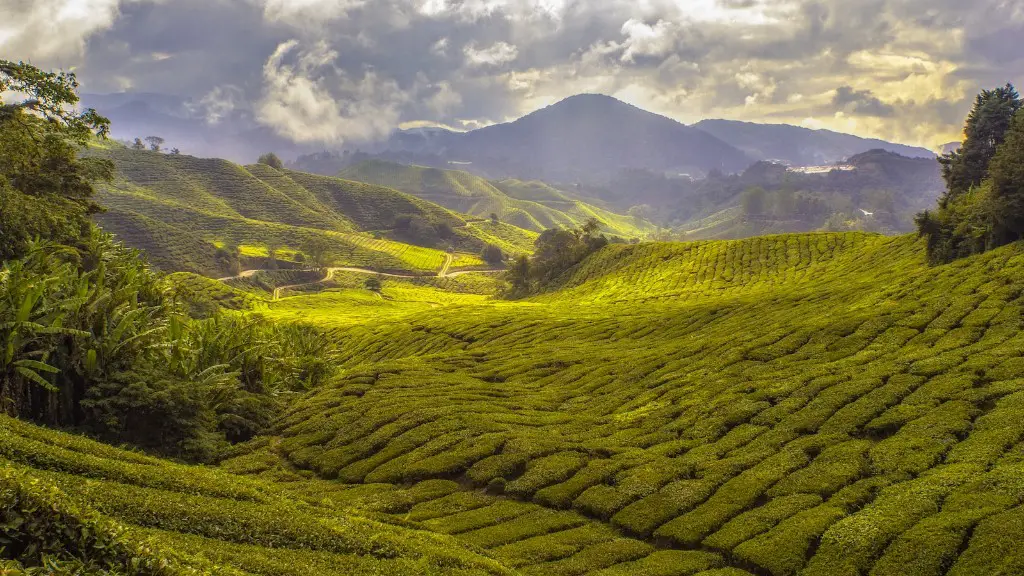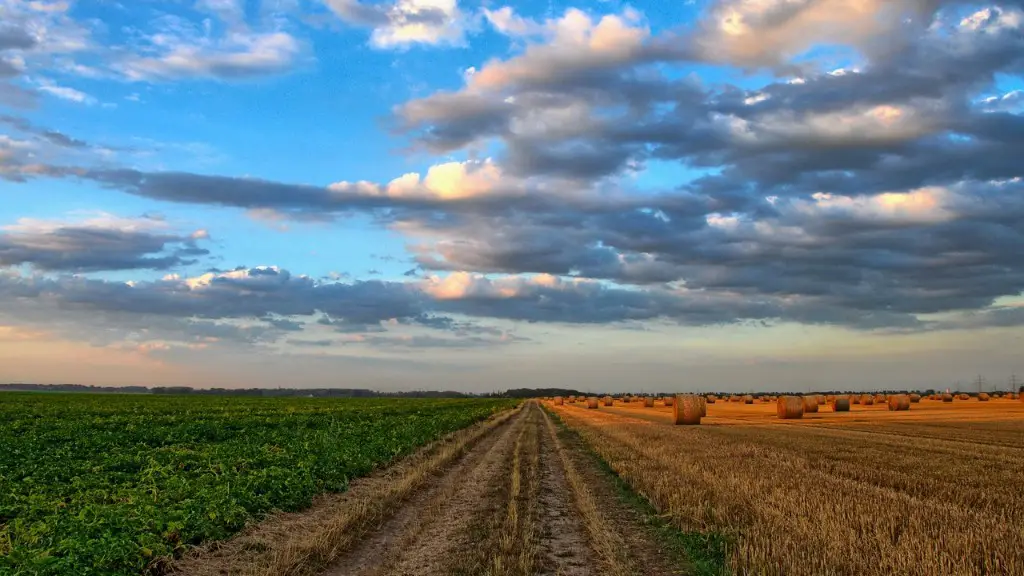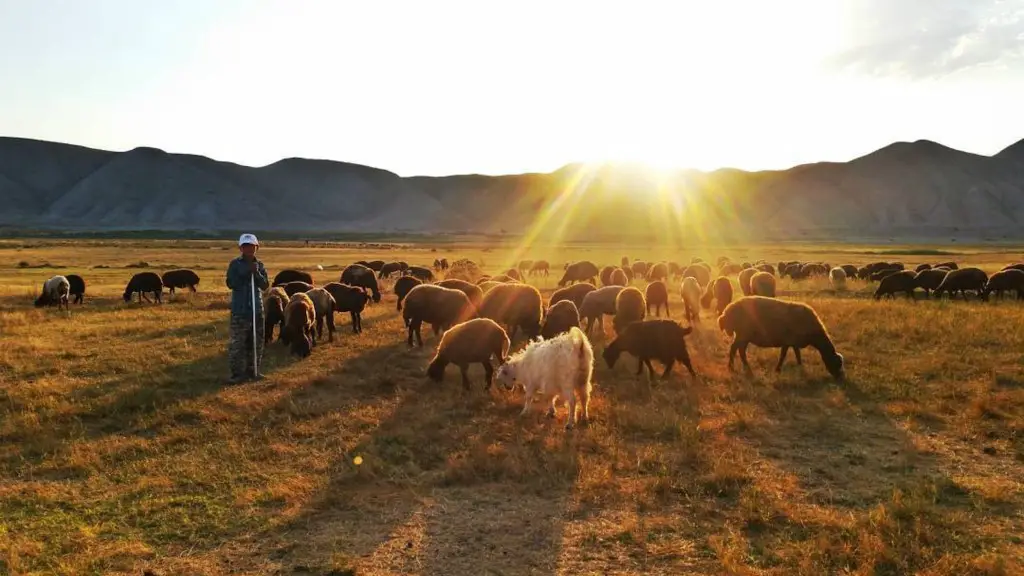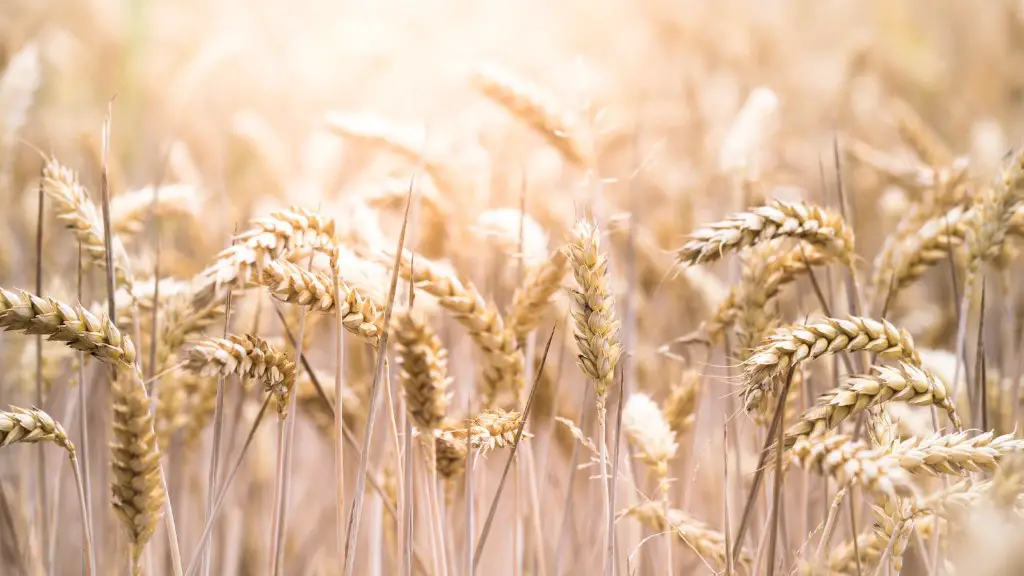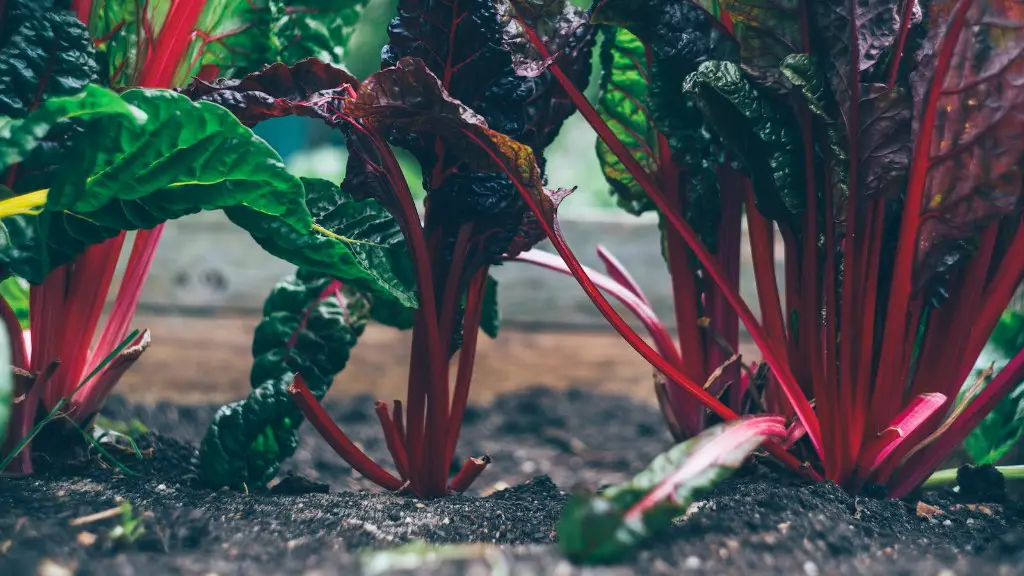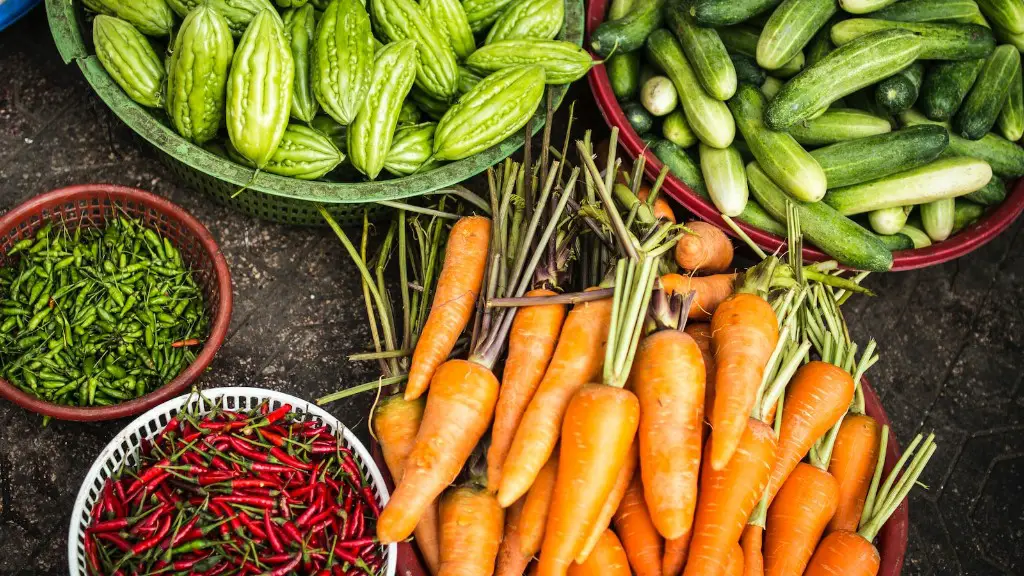Agriculture is the backbone of the American economy, producing the food we eat, the fiber for our clothes, and the fuel for our cars and trucks. It touches our lives every day, even if we live in an urban area and don’t realize it.
Agriculture plays a big role in our daily lives, whether we realize it or not. The food we eat, the clothes we wear, and the products we use all have their origins in agriculture. Even the buildings we live and work in are made, in part, from agricultural products.
How does agriculture change people’s lives?
When early humans began farming, they were able to produce enough food that they no longer had to migrate to their food source. This meant they could build permanent structures, and develop villages, towns, and eventually even cities. Closely connected to the rise of settled societies was an increase in population.
The growth of cities and civilizations can be traced back to the development of agriculture. Agriculture allowed for the domestication of plants and animals, which in turn led to a increase in the global population. Today, the world’s population stands at over seven billion people, thanks in large part to the advances made in agriculture.
What are some examples of agriculture in everyday life
Agriculture affects your daily life in more ways than you may realize. Here are seven ways that agriculture affects you on a daily basis:
1. Food: Agriculture is responsible for the food that you eat every day. Without farmers, there would be no food to eat!
2. Fuel: Many vehicles run on gasoline or diesel, which are both products of agriculture. Farmers produce crops like corn and soybeans, which are used to make these fuels.
3. Textiles: Clothing and other textile products are made from agricultural materials like cotton and wool.
4. Sleep: If you sleep on a cotton mattress or pillow, you have agriculture to thank!
5. Sports: Many sports rely on agricultural products. For example, baseballs are made from cowhide, and golf balls are made from rubber.
6. The Economy: Agriculture is a vital part of the economy. It provides jobs for millions of people and generates billions of dollars in revenue each year.
7. Personal Care Products: Many personal care products contain agricultural ingredients, such as lanolin (from wool) and beeswax.
Agriculture is the main source of raw materials for many industries. It is also important to international trade and the economy of many countries. Agriculture plays a big role in a nation’s revenue and can provide employment for many people. It is also crucial to a country’s development. Agriculture can also help heal the environment.
Why agriculture is important for human life?
Agriculture is a vital sector of the economy and it produces renewable energy sources, food, fibers, pharmaceuticals, raw materials that are used for clothing and construction purposes. It positively impacts the economy around the world.
Farming is a great way to get exercise and fresh air. It is also a challenging and stimulating job that can provide a source of income in rural areas. Farm work can help develop younger generations and farming can help the environment thrive.
What are three impacts of agriculture?
Agriculture has a large impact on the environment, both positive and negative. On the positive side, agriculture can lead to soil conservation, water conservation, and improved air quality. On the negative side, agriculture can contribute to soil erosion, water pollution, and climate change.
The use of modern machinery in agricultural lands has increased crop production and provided raw materials to industries. This has resulted in increased economic growth and development. The use of machinery has also improved working conditions for farmers and workers in the agricultural sector.
How does agriculture reduce poverty
The very poorest people primarily benefit from agricultural growth through increased demand for their labour. Agricultural growth increases the probability of obtaining employment, and it may increase the salary level, thereby increasing the income that can be accrued from selling labour.
India’s agricultural sector is of critical importance to the country’s economy. After all, agriculture is the country’s largest industry, accounting for 18% of India’s GDP. Furthermore, the sector employs around 54% of India’s workforce.
Given the importance of agriculture to India’s economy, it is essential that the sector plays a role in pushing up the rate of capital formation. Unfortunately, the sector has been lagging in this regard in recent years. In fact, the sector’s contribution to capital formation has declined from 19.6% in FY2000 to just 11.8% in FY2018.
There are a number of reasons for this decline, but one of the most important is the low level of productivity in the sector. India’s agricultural productivity is just a fraction of that of developed countries and this has been a dragging force on the sector’s growth.
If agriculture is to play a role in driving India’s economic growth, it is essential that the sector becomes more productive. This will require investments in irrigation, mechanization, and other productivity-enhancing measures. Additionally, the government must provide farmers with the necessary support in the form of subsidies and credit.
How does agriculture affect society?
Agriculture plays a vital role in every society. It provides food for people to consume, jobs for people to do, and a source of income for people to live off of. agriculture also provides raw materials for many different products, such as clothing and cosmetics. Furthermore, agriculture is a key driver of economic growth, as it creates opportunities for trade and investment.
Inflammation is a major contributing factor to many common diseases, such as heart disease, arthritis, and diabetes. A diet rich in whole foods and a variety of nutrients has been shown to decrease inflammation and improve overall health. Additionally, culturally appropriate diets can help improve access to healthy foods and decrease the likelihood of chronic disease.
What are the most important effects of agriculture into the environment
Agriculture helps preserve valuable ecosystems by providing habitat for a great number of animals and native plants. A perfect example is the extensive farming of increasingly rare permanent grasslands in Romania. Grasslands provide habitat to a great number of animals and native plants, which helps preserve these ecosystems.
Agriculture has always played a major role in economic growth and development. As the provider of food, it is a cornerstone of human existence. As a furnisher of industrial raw materials, it is an important contributor to economic activity in other sectors of the economy.
Over the past few decades, the significance of agriculture in the global economy has been growing steadily. Today, agriculture is responsible for 16 percent of the world’s GDP and employs almost 1.3 billion people worldwide. In developing countries, the numbers are even higher – agriculture accounts for almost 30 percent of GDP and employs more than 65 percent of the workforce.
There are many reasons why agriculture is so important to the global economy. First, agriculture is a major source of food for the world’s population. Second, agriculture is a major source of employment. In many countries, the majority of the workforce is employed in agriculture. Third, agriculture is a major contributor to economic growth and development. In many countries, agriculture is the primary sector of the economy, and its health is essential for overall economic growth.
Fourth, agriculture is a major source of export earnings. In 2017, agricultural exports totaled more than $1.3 trillion. This is nearly 10 percent of all global exports. Fifth
How does agriculture improve the community?
Community agriculture can be a great way to foster environmental consciousness and activism among youth and adults. Additionally, it can decrease stormwater runoff and air pollution, and increase biodiversity and species habitat. By engaging in community agriculture, individuals can help make a positive impact on the environment and their community.
The United States is one of the world’s leading agricultural producers, and agriculture’s share of the overall US economy is significant. In 2021, agriculture, food, and related industries contributed roughly $1264 trillion to US gross domestic product (GDP), a 54-percent share. The output of America’s farms contributed $1647 billion of this sum—about 07 percent of US GDP. Though the share of agriculture in the US economy has declined in recent years as the country has become more industrialized, it remains an important part of the US economy and a major contributor to the nation’s food supply.
Warp Up
Agriculture plays a vital role in our daily lives – from the food we eat, to the clothes we wear, to the cosmetics we use. It provides the raw materials for a huge range of products and is a major source of employment worldwide. Agriculture also plays a key role in the economy, with the sector contributing to GDP, trade and employment.
While many of us may not work on a farm, or even live in a rural area, agriculture still affects our daily lives in a big way. The food we eat, the clothes we wear, and the products we use all come from agriculture. Farmers work hard to provide us with these things, and we should be grateful for their efforts. We can show our support by buying locally grown produce, and by being conscious of how our actions affect the environment.
